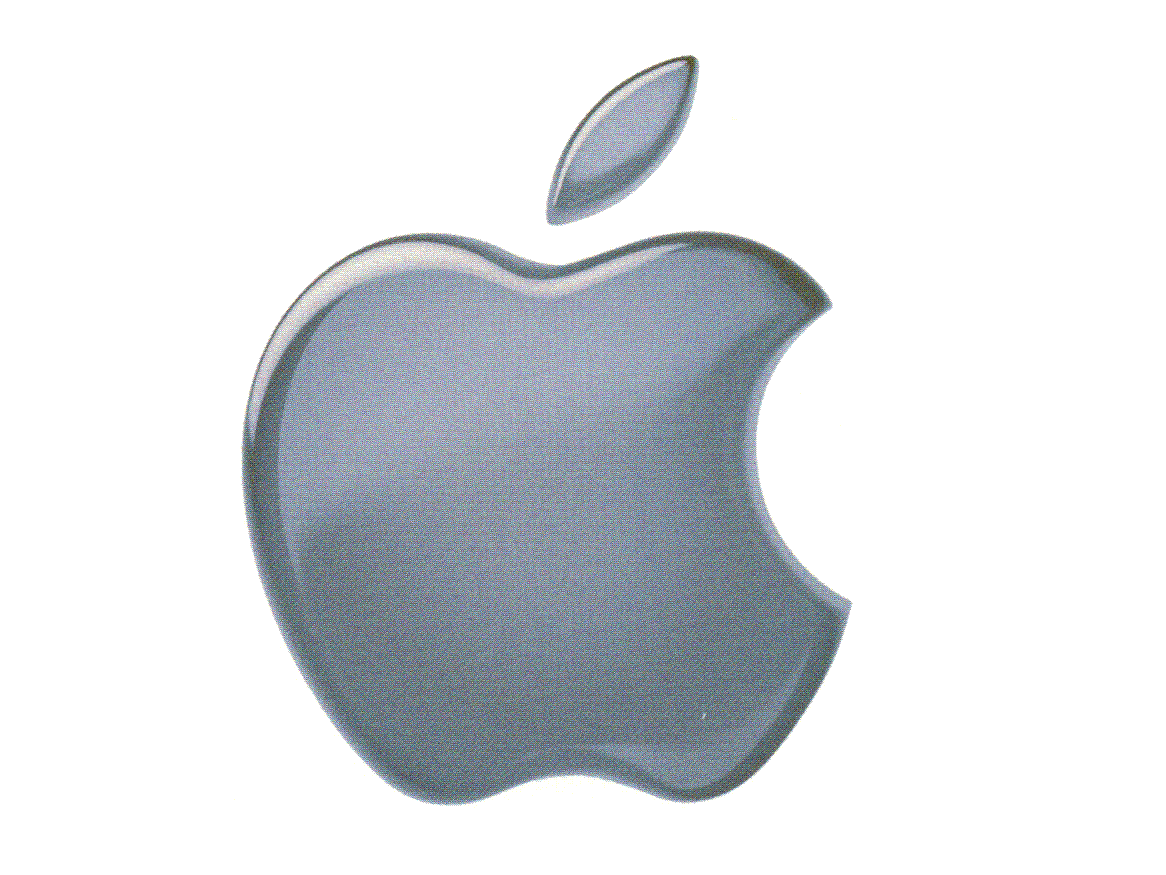How green is Apple?
Ancient Macs are still going strong, but what should you do when your old Mac dies?

Macs are built to last – but even Apple kit can and does die.
If it's beyond repair, that means you need to dispose of it. You wouldn't dump an old computer in landfill, but many people do.
Every year, mountains of electronic waste are shipped to Asia where they're broken down to their component parts in shocking conditions, with heavy metals and hazardous chemicals leaking into the Earth.
Back in 1997, the average lifespan of a computer was six years. By 2005, that had dropped to two years – and the lifespan of a mobile phone is even shorter, with many people upgrading or replacing their phones every 18 months.
In an ideal world, everybody who buys an iPhone or switches to a Mac will send their old phone to Oxfam and give their old PC to the Apple Store for recycling. Sadly we don't live in an ideal world, and Greenpeace estimates that up to 50 million tonnes of electronic waste is dumped each and every year.
However, the good news is that things are slowly getting better. Apple has unveiled its greenest Macs yet, it's cut down on bulky packaging, it's removed some of the worst nasties from its products and it's now happy to take old computing kit when you buy new Apple kit.
So how green is Apple – and is there anything we can do to make it greener still?
Sign up for breaking news, reviews, opinion, top tech deals, and more.
Biting Apple
In 2004, environmental campaigners including Greenpeace began publicising the problem of electronic waste. Some firms were more sympathetic than others – in 2005 Steve Jobs described criticism of Apple's green record as "bullshit" – campaigners decided to put as much pressure on Apple as possible. The Green My Apple campaign urged Apple customers and shareholders to put pressure on the firm to clean up its act.
Tom Dowdall is the co-ordinator of Greenpeace's Toxic Tech campaign. "The most important factor was probably the huge, enthusiastic response of Mac fans," he recalls. "The site received over 690,000 visitors, 50,000 people wrote directly to Steve and thousands of Mac-related blogs, from the biggest to the smallest individual Mac user blogs, linked to the campaign." As Dowdall explains, campaigners felt that Apple would listen to Mac owners. "Apple customers did speak up, and that's maybe what changed Steve's mind."
Was Jobs' cry of "bullshit" justified? Were campaigners picking on Apple unfairly? To an extent, yes. Campaigns need to generate publicity, and "Green My Apple" generated headlines that "Green My Acer" simply wouldn't.
Then again, Apple wasn't entirely blameless. While Apple was gradually becoming greener, it was only doing so when and where laws compelled it to – and as Ted Smith, chair of the ComputerTakeBack Campaign pointed out, "They [were] out there lobbying against recycling bills supported by Dell and HP, they have a limited takeback programme that they don't promote and that's hard to use, and they refuse to commit to a timeline for phasing out toxic materials… maybe 'think different' really means 'don't think about it'."
There was also an inconvenient truth. While other technology firms might have poorer environmental records than Apple, they didn't have Al Gore on the board of directors. The firm's board voted "unanimously" against two shareholder resolutions on environmental issues in 2007 – which means Gore voted against resolutions that the TakeBack Campaign described as "very mild". As campaign vicechair Robin Schneider put it: "how can he be against making improvements in recycling and phasing out toxic materials? We expect more from someone who is such a strong leader on global warming."
In May 2007 Steve Jobs posted an open letter – A Greener Apple – on the Apple website. In typical Jobs style, he took swipes at the competition and showed some frustration at the way Apple had been singled out, but he made some key promises. Jobs pledged to eliminate the use of arsenic in displays by the end of 2008 and to eventually switch to LED backlighting, eliminating the use of mercury from displays.

Contributor
Writer, broadcaster, musician and kitchen gadget obsessive Carrie Marshall has been writing about tech since 1998, contributing sage advice and odd opinions to all kinds of magazines and websites as well as writing more than twenty books. Her latest, a love letter to music titled Small Town Joy, is on sale now. She is the singer in spectacularly obscure Glaswegian rock band Unquiet Mind.